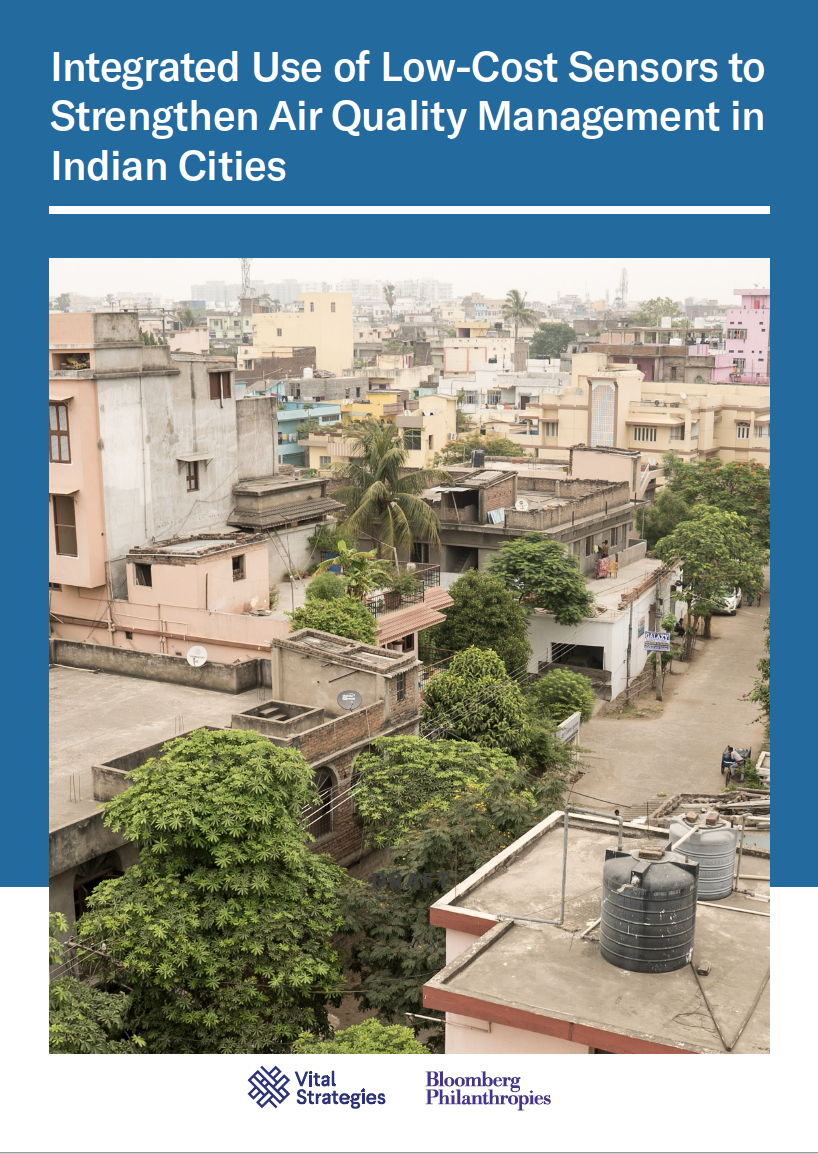Air pollution continues to be a global challenge for the environment, health, and economic development. The burden of air pollution is greatest and increasing in countries like India with rapid economic development and urbanization. In countries with limited or no air quality regulation, this causes steep increases in harmful pollution.
For many city governments in many low- and middle-income countries, the complexity and cost of understanding and controlling air pollution have been barriers to initiating or sustaining effective clean air action. A new approach in air quality management that combines conventional solutions with innovations in monitoring, assessment, data use, and organization can accelerate clean air action, especially in cities with presently limited technical capacity.
Also available: Integrated Use of Low-Cost Sensors to Strengthen Air Quality Management
Recent Abstracts
Effects of Heat on Early Childhood Development
Blood Lead Surveillance of Children and Pregnant Women in Tamil Nadu, India
Sportswashing through Media: Coca-Cola’s Olympic Play – A Research Report
What’s in Our Food?
Mais Dados Mais Saúde
More Data, Better Health – Primary Health Care
Mais Dados Mais Saúde: Experiência De Discriminação Cotidiana Pela População Brasileira
More Data, Better Health – Experience of everyday Discrimination by the Brazilian population
Monitoramento de Estratégias pelo Fim da Violência contra Crianças e Adolescentes
Harm Reduction: The Neglected Pillar of US Drug Policy
